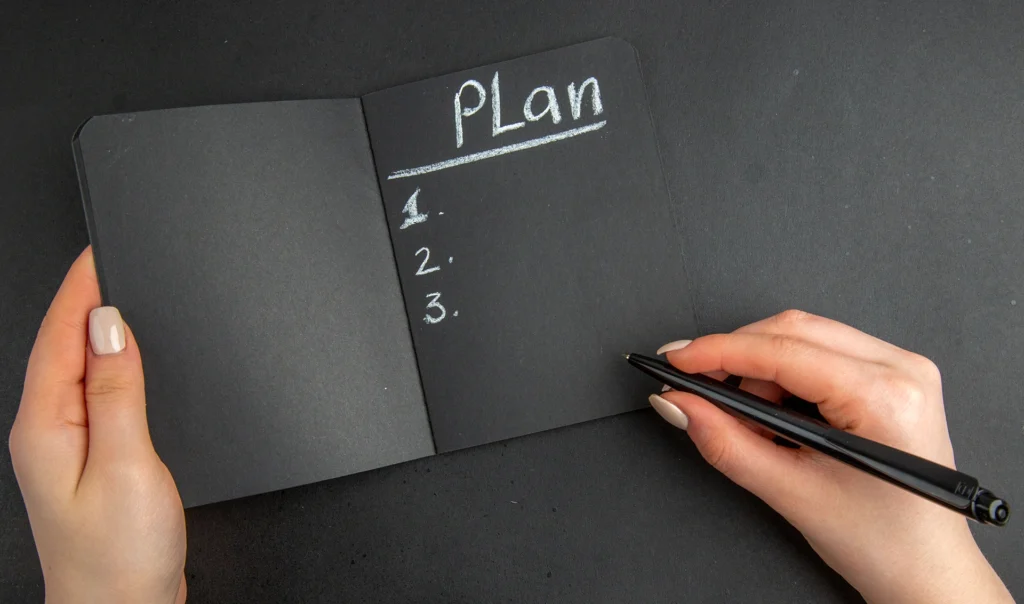Now Reading: 7 Effective Strategies for Time Management
- 01
7 Effective Strategies for Time Management
7 Effective Strategies for Time Management

In today’s fast-paced and demanding life, time management has become not just a luxury but a necessity. Balancing work, family, and social life can make it difficult to understand how time passes so quickly. So, is it possible to lead a more efficient and stress-free life by improving your time management skills? In this article, we will share 7 effective strategies for time management.
Why Is Time Management Important?
- Stress Reduction: Good time management allows you to handle your tasks more systematically, reducing stress.
- Increased Productivity: By prioritizing your tasks, you can achieve more in less time.
- Better Decision Making: Instead of making hasty decisions, planning your tasks helps you make more accurate decisions.
- Improved Quality of Life: Effective time management enables you to allocate more time for hobbies, family, and yourself, enhancing your quality of life.
7 Effective Strategies for Time Management
Effective time management involves setting clear goals and creating a daily to-do list. Prioritize your tasks, use techniques like Pomodoro to enhance focus, avoid distractions, delegate tasks, and allow flexibility. These strategies can help you manage your work more efficiently.
1. Set Your Goals
Setting clear and measurable goals is a cornerstone of effective time management. Your goals help you define what you want to achieve and the timeline for achieving it. These goals not only motivate you but also help you stay focused. Clearly defined goals allow you to evaluate your progress and see how far you have come towards achieving them. This continuous motivation and guidance keep you on track with your work.
2. Create a To-Do List
Preparing a daily or weekly to-do list is an effective way to simplify time management. This list clearly shows what tasks need to be done and when they need to be completed. Lists help you organize and prioritize your tasks while preventing forgotten tasks. Creating a list at the start of each day or week structures your day and improves productivity.
3. Prioritize Your Tasks
Not all tasks are of equal importance, so determining your priorities is a critical step in your time management strategy. Prioritizing helps you understand which tasks are urgent and important, allowing you to focus on the highest-priority tasks. By organizing your tasks in order of priority, you can use your time more effectively and increase productivity by focusing on the most important tasks first. This approach helps you avoid unnecessary stress and concentrate on what matters most.

4. Use Break Techniques
Techniques like the Pomodoro Technique are highly effective for increasing productivity during your work periods. These techniques suggest working in focused intervals with short breaks in between. These regular breaks help your mind rest and improve your focus. The Pomodoro Technique is beneficial for both short and long-term projects, as it helps maintain your productivity and minimizes distractions.
5. Avoid Distractions
Avoiding notifications, social media, and other distractions is crucial for staying focused on your tasks. Distractions can make it difficult to concentrate and reduce your productivity. Therefore, minimizing or eliminating distractions during specific times can help you complete your tasks more effectively. Effective strategies include putting your phone on silent, keeping social media accounts closed, and maintaining an organized workspace.
6. Delegate Tasks
If possible, delegating some tasks to others can provide a significant advantage in time management. Delegating tasks lightens your load while allowing you to benefit from the skills and expertise of others. This enables you to focus on more important and strategic tasks. The delegation process helps balance your workload and makes better use of your team’s abilities. An effective delegation strategy can enhance your overall productivity and help you complete tasks more quickly.
7. Be Flexible
Recognizing that life is full of unexpected events allows you to incorporate flexibility into your time management plan. Providing flexibility in your plans increases your ability to adapt to sudden changes or emergencies. This approach ensures you remain committed to your plans while quickly adjusting to changing conditions. Flexible planning reduces stress levels and helps you manage tasks more balancedly, allowing you to adjust your plans according to changing situations and maintain productivity.
Common Mistakes in Time Management
- Taking on Too Much: Overloading yourself decreases productivity and causes stress.
- Forgetting Plans: Simply creating a to-do list is not enough. You should regularly review and update this list.
- Not Taking Breaks: Working continuously reduces productivity. Taking short breaks helps refresh your mind.
- Technology Dependence: Technological devices like smartphones and social media are major distractions.
- Perfectionism: Striving for perfection can waste time and hinder progress.
Time management skills are crucial for success in both personal and professional life. By applying the tips provided in this article, you can use your time more effectively and lead a more productive life. Remember, time management is a skill that requires regular practice to develop.

































